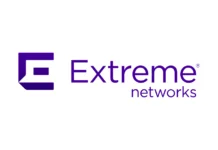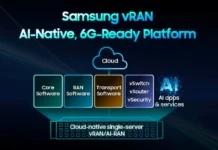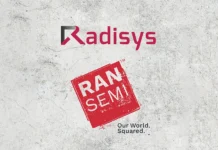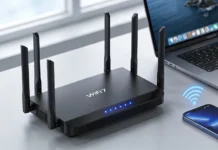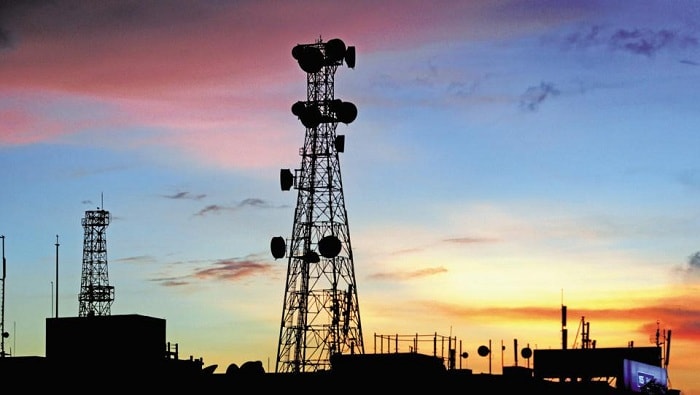Backing net neutrality in India, the telecom regulator TRAI has said it is not in favour of any “discriminatory treatment” of data, including blocking, slowing or offering preferential speeds or treatment to any content. Last year, TRAI rejected Faceboook’s FreeBasics scheme, which offered free but pared-down internet services to rural areas because that would have allowed the company to decide what apps and Internet services could be accessed by users.
Here is your 10-point cheat-sheet to this big story:
- Net neutrality calls for all websites and content on the Internet to be treated equally – that means no content should be easier or cheaper to access than others.
- TRAI’s recommendations come at a time when there is a global debate over net neutrality. In America, the main regulator, the Federal Communications Commission or FCC, says it plans to repeal landmark 2015 rules that banned Internet providers from slowing down access to or charging more for some content.
- TRAI has said that Internet service providers should not enter into agreements which lead to any content getting preferential treatment.
- TRAI’s recommendations acknowledged the role various public consultations and inputs from various stakeholders played in formulating the recommendations, which will now be presented to the government’s Department of Telecommunications (DoT).
- “‘Discriminatory treatment’ shall include any form of discrimination, restriction or interference in the treatment of content, including practices like blocking, degrading, slowing down or granting preferential speeds or treatment to any content,” TRAI said.
- TRAI recommends that the license terms of the ISPs should be modified to include these terms as part of the conditions under which they are allowed to offer Internet services.
- Those who champion net neutrality say that differential pricing would put small content providers and startups at a disadvantage. They also say that any service provider or platform allowed to offer some content as cheaper or faster is conferred with dangerous amounts of power in gate-keeping.
- TRAI has moved to prevent big Internet service providers from unlimited power in deciding
- what Web content customers can get and at what price.
TRAI said that “implementation of any order of a court or direction issued by the Government, in accordance with law” would take precedence over any of its net neutrality related recommendations. - TRAI also notes that “DoT may establish a multi-stakeholder body with framework for collaborative mechanism” for “monitoring and enforcement” of net neutrality recommendations.

